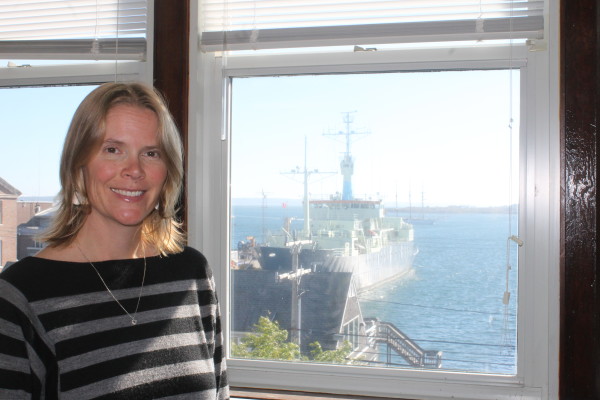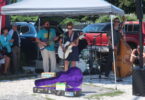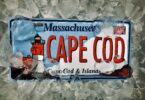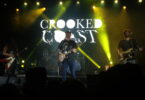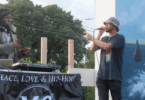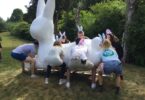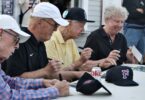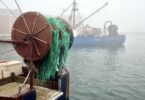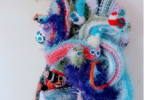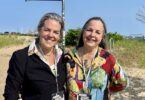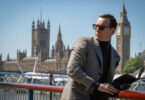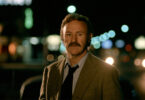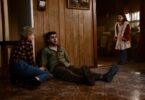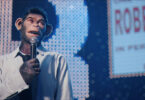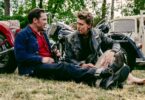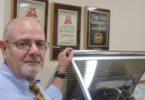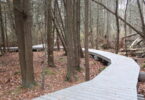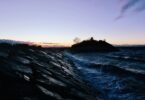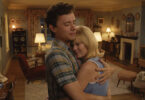WOODS HOLE – Julie Huber ponders the origin of life. She has seen things almost no one else has ever seen, and knows about things most of us do not know. She is a scientist.
“It is, in a lot of ways, a privilege to study the planet and try to understand how it works,” said Huber, an associate scientist with the Marine Biological Laboratory in Woods Hole. Specifically, Huber is a microbial oceanographer. She studies microbial life near underwater volcanoes.
“I always say that I don’t actually do anything practical,” she said. Instead, hers is pure science, studying “organisms that could be relatives of some of the earliest forms of life… and thinking about how all of that happened.”
According the Mitch Sogin, Distinguished Senior Scientist at MBL, and a colleague of Huber’s, her science “is certainly exploratory.”
“The answer (to why study microbes) is the same as why did we go to the moon.” said Sogin. “We want to know more about the world that we live in,” he said. “How it evolved and how it came to be. For the first 80 percent of our history, maybe more, all of life was microbes.”
“Julie is trying to expand our knowledge of the diversity of microbes, and give insight into their evolutionary history, and what the first microbes might have looked like,” said Sogin.
According to Huber, most of the world’s volcanoes are underwater and studying the microbial life where the ocean crust is forming has brought many surprises through her career.
“More than anything, I’m less opinionated,” she said. “The more we learn about microbial life in weird places, the more we learn that it’s incredibly complicated and hard to predict what might have happened. In some ways, I’ve probably become more open.”

